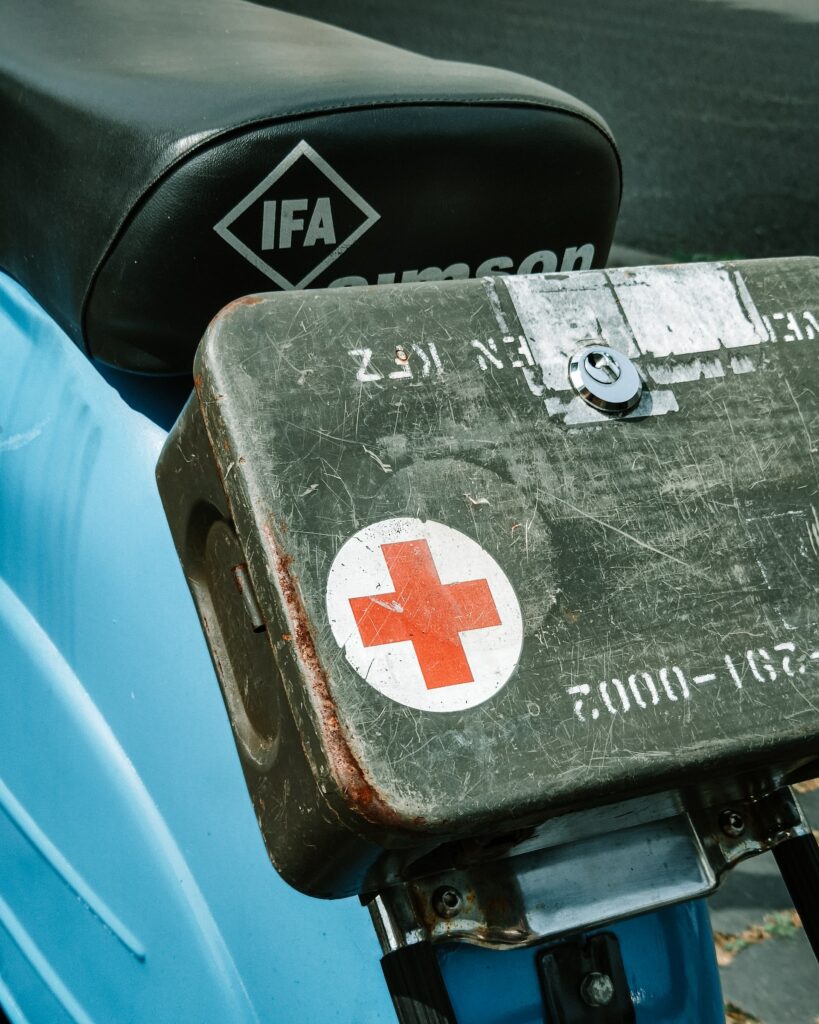


17 February, 2023
When disaster (literally) strikes, everyone wants to help. And the earthquakes in Turkey and Syria have seen companies rushing to offer support through employee donations, fundraising efforts and the provision of goods and services. Amazon has opened up its Istanbul warehouse to provide shipments of baby food, blankets, tents and medicines. Ikea, via its Foundation, is sending 5,000 flatpack shelters to house people left homeless by the earthquake, and Inditex – owner of Zara and other high street fashion brands – is sending 500,000 coats, jackets, and jumpers to the Turkish Red Crescent.
Money, first and foremost, is what is needed by aid organisations. It allows them to be responsive to local need, spend money locally to give a much needed economic boost to communities and to manage logistics on their own terms. Often, well meaning donations of goods get held up at borders, expire or are simply unfit for purpose. And yet for businesses, a donation of goods can go further and have more impact than a cash donation– they can produce and therefore donate at cost, and therefore scale up what they are able to offer. However, particularly for small businesses, knowing what is needed and how to get it there is a challenge.
In the UK, the Disasters Emergency Committee was convened to address the challenge of how donors could make donations to disaster relief efficiently and in the knowledge the money would go where it is needed, with good governance and oversight of those donations. Perhaps there is a need for something similar for goods and services, where aid agencies can provide details of what they need, and where they need it. This would be more efficient, and allow smaller businesses to contribute with in-kind donations confident in the knowledge that they are making a difference.
In the meantime, donations can be made to the Turkey-Syria Earthquake Appeal here.
By Flora Gicquel